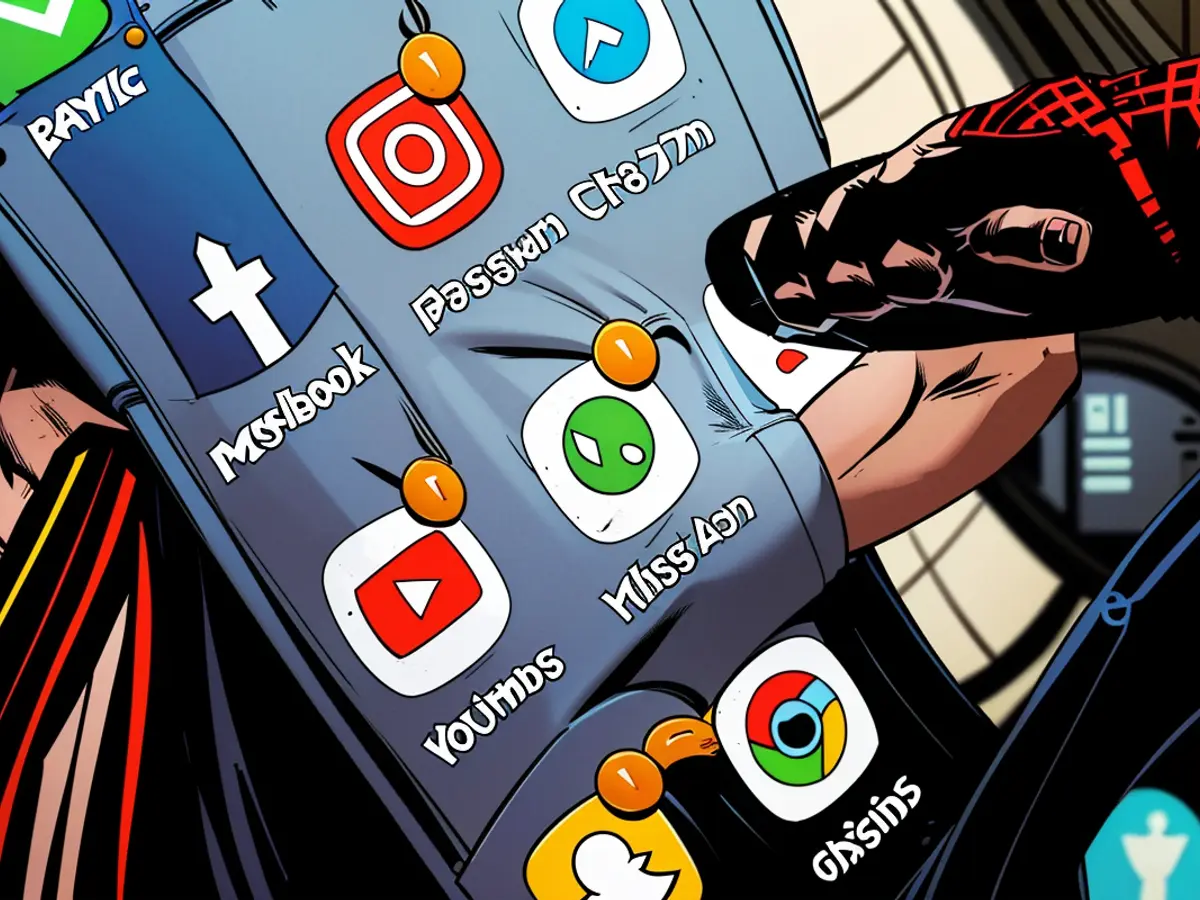Fake accounts on X spread "disinformation and hate" en masse
In the run-up to the Parliamentary elections in the United Kingdom, fake accounts on the online service X, according to a NGO, spread "disinformation and hate" in mass quantities. Ten suspected bot profiles published posts on the short messaging service X during the campaign, which were estimated to have been called up approximately 150 million times, as the organization Global Witness announced on Tuesday.
Within six weeks, these accounts reportedly posted more than 60,000 messages, which contained conspiracy theories and islamophobic, antisemitic, and homophobic, transphobic content. Bots are computer programs that interact with users and appear to be real people using algorithms.
The posts, which also expressed support for Russian President Vladimir Putin, could have had an "excessive influence" on the campaign, according to Global Witness.
British Deputy Prime Minister Oliver Dowden had warned on Sunday that actors like Russia were trying to influence the election by sharing Kremlin-friendly content on Facebook.
Global Witness called on X and other online networks to "clean up their platforms and put our democracies before profit." Campaign Director Ava Lee warned that democracy is in danger when discussions on the net are influenced by someone who has been paid to spread division or bring a particular party to power.
On Thursday, a new Parliament will be elected in the United Kingdom. The opposition Labour Party, according to surveys, has good chances of a significant victory against the ruling Conservatives, who have been in power for 14 years.
1.Concerns about foreign interference in the Parliamentary election in Great Britain heightened, as a report by Global Witness suggested that disinformation and hateful content, including fake accounts promoting Russian President Vladimir Putin, were extensively disseminated on online platforms like X.2.The disinformation campaign, which involved over 60,000 messages containing islamophobic, antisemitic, homophobic, and transphobic content, was reportedly orchestrated by these fake accounts during the election period, drawing criticism from the British Parliament and election watchdogs.








